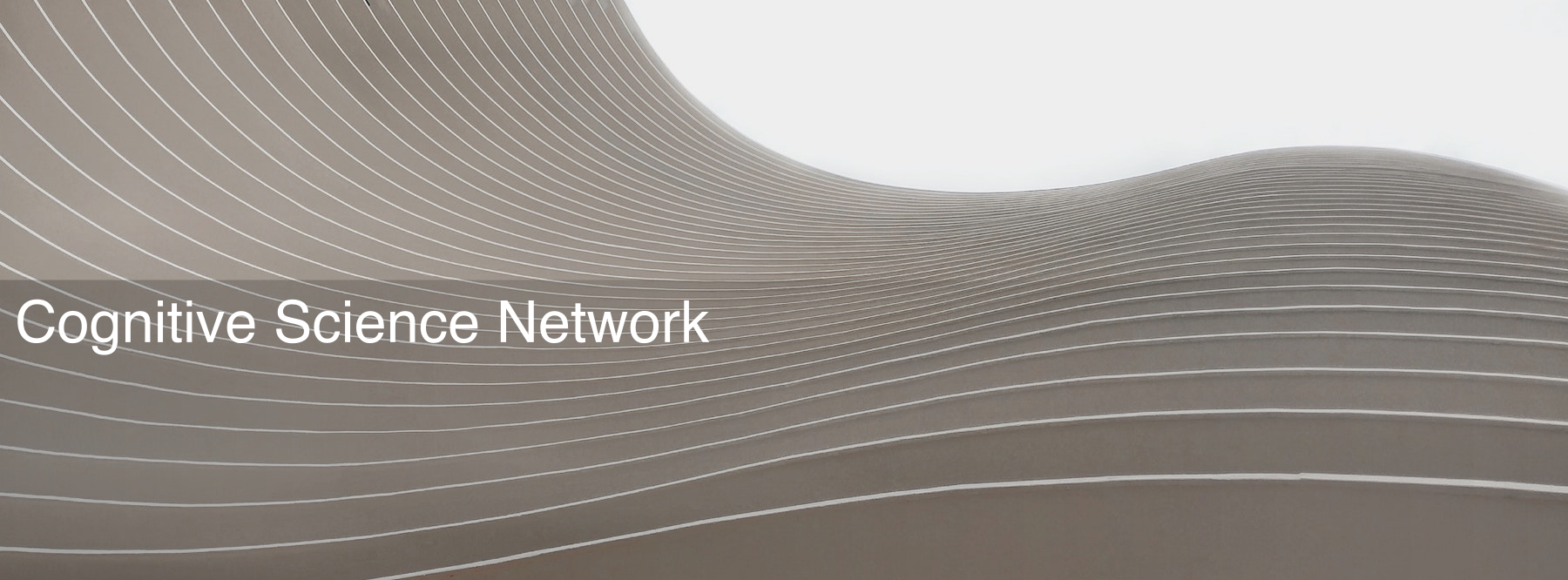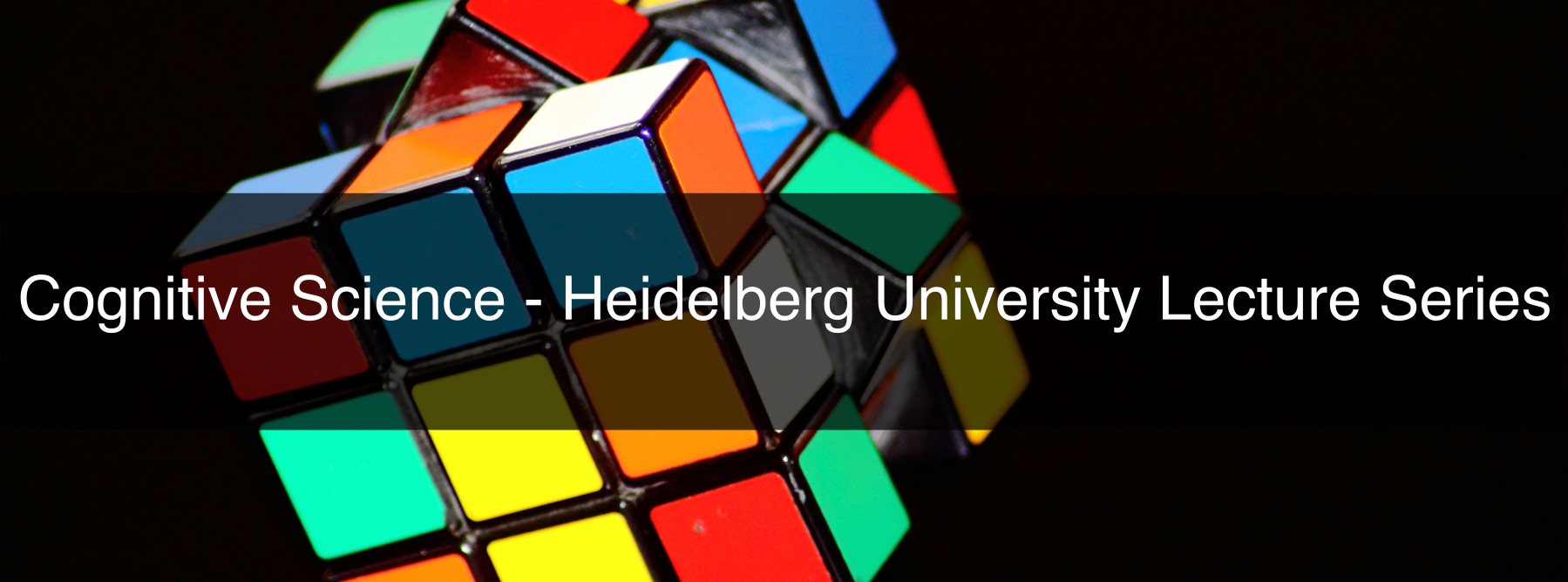
Characterizing memory recall: From reward to retrieval goals
Date: June 7th, 10-12 a.m.,
Location: IDF (Plöck 55), room 10
Host: Patric Meyer
Invited speakers:
Stefan Köhler: “Curiosity, information seeking, and reward after unsuccessful memory recall”
Signy Sheldon: “Behavioural and brain distinctions in autobiographical memory retrieval”
Curiosity, information seeking, and reward after unsuccessful memory recall
Stefan Köhler, Ph.D., Department of Psychology & Western Centre for Brain and Mind, University of Western Ontario, London, Ontario, Canada
There is a large body of evidence suggesting that success of memory retrieval is not an all-or-none phenomenon. We have all had experiences, for example, in which a face elicits a strong feeling of familiarity while we are unable to recall critical identifying information or the episodic context of a pertinent prior encounter. Underlying mechanisms of such familiarity-only experiences have been studied extensively in the context of cognitive dual-process models of recognition memory. What functional role these experiences may play beyond the retrieval attempt, however, is a question that has received limited investigation in memory research so far. Anecdotally, when a stimulus feels highly familiar and recall is unsuccessful, we often feel motivated to seek out the information we cannot recall (e.g., by using Google). In the current talk, I will discuss findings from a new line of research that aims to shed light on the motivational consequences of familiarity-only (and related) retrieval experiences for subsequent information-seeking behaviour and learning within a framework that builds on the psychology of curiosity. I will argue that these findings do not only help elucidate the functional role of familiarity, but that they also offer promising new insight how to overcome recall impairments (e.g., as observed with old age).
A Neurocognitive Framework for Describing Differences in Recounting the Past
Signy Sheldon, Associate Professor, Department of Psychology, McGill University, Montreal, Quebec, Canada
Episodic memories – recollections of past personal experiences - can be recalled in very different ways. This feature of memory is highly adaptive because it allows the same experience to be retrieved in order to meet different purposes and goals. In this talk, I will present a neurocognitive framework that proposes there are systematic content differences in how an episodic memory can be recalled to meet various reasons for remembering. I will describe evidence to show evidence that when a memory is retrieved with an emphasis on the conceptual or perceptual content of the recalled experience, this shifts the underlying hippocampal-cortical network that support memory. I will use then this framework to describe the different motivations or purposes of retreival that can benefit from recalling with a memory with conceptual or perceptual content. Finally, I will describe experimental work to show how this framework can help explain memory differences that come with cognitive aging and present across individuals.
To learn more about the speakers and the work in their labs, have a look at their websites:
https://kohlermemorylab.org/
https://www.sheldonmemorylabatmcgill.com/
Contact
Jan Rummel (speaker of the MRA "Cognitive Science")
Johannes Gerwien (contact person and coordinator)
News Archive
Links
Lecture series 2024
Mailing list
Stay up to date by subscribing to the Network's mailing list by sending an empty email to: MRA-COGSCI-PSY-subscribe-request@listserv.uni-heidelberg.de
